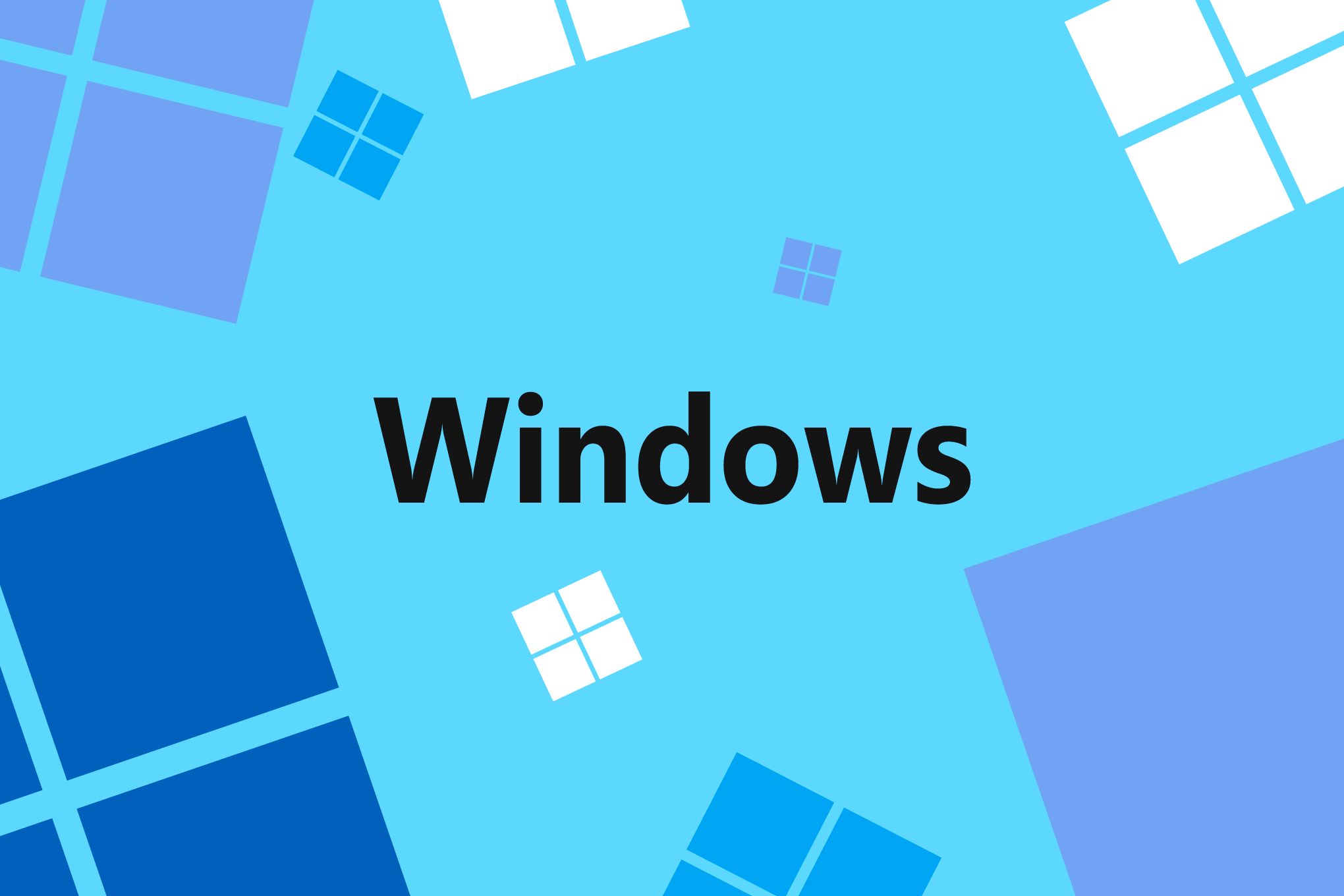Microsoft just unveiled Windows AI Labs, a new testing ground for experimental AI features that could reshape how users interact with Windows applications. The program surfaced first in Paint updates spotted by testers, signaling the tech giant's accelerated push to embed AI across its core productivity suite. For Windows' billion-plus users, this means early access to cutting-edge AI tools that could transform everyday computing tasks.
Microsoft is quietly rolling out what could be its most ambitious AI testing initiative yet. Windows testers discovered references to a mysterious "Windows AI Labs" program buried in pre-release Paint updates last week, and now the company has confirmed it's a full-scale pilot for validating experimental AI features across Windows. "The Windows AI Lab is a pilot acceleration program for validating novel AI feature ideas in Windows," Mike Harsh, partner director of product management at Microsoft, told The Verge. "The program focuses on rapid customer feedback on feature usability, customer interest, and market fit." The move positions Microsoft to move faster on AI integration, something that's become critical as competitors like Google and Apple race to embed AI into their platforms. While the initial discovery happened in Paint, the broader implications reach across Microsoft's entire Windows ecosystem. The company has been aggressively updating its core apps with AI capabilities over the past year. Paint now includes image generation through OpenAI's DALL-E 3, Notepad gained free AI writing assistance, and File Explorer added AI-powered actions to context menus. But Windows AI Labs suggests Microsoft wants to test more experimental features before wide release. The timing isn't coincidental. Adobe has been dominating creative AI tools in Photoshop, introducing features like AI-powered harmonization and composite editing that make professional-grade editing accessible to casual users. Microsoft's Paint, once a simple drawing tool, has evolved into a legitimate Photoshop competitor with layers, transparency support, and even .paint project files that rival Adobe's PSD format. Industry watchers expect Microsoft to use AI Labs to test advanced editing capabilities that could directly challenge Adobe's creative suite dominance. The program's focus on "rapid customer feedback" suggests Microsoft learned from past Windows feature rollouts that sometimes felt rushed or poorly received. Windows 11's initial AI features, including Copilot integration, received mixed reviews partly because they felt bolted-on rather than naturally integrated. AI Labs could help Microsoft refine features before they reach mainstream users. What makes this particularly interesting is Microsoft's positioning in the broader AI race. While embeds Bard across its services and prepares its own AI push, Microsoft has the advantage of Windows' massive install base - over 1.4 billion active devices. Every AI feature that works well in Windows AI Labs could potentially reach more users than most standalone AI applications ever will. The program also signals Microsoft's confidence in its AI infrastructure. The company's partnership with and its Azure AI capabilities give it unique advantages in testing and deploying AI features at scale. Unlike startups struggling with AI infrastructure costs, Microsoft can afford to experiment with resource-intensive features. For developers and power users, Windows AI Labs represents something bigger than just new features. It's Microsoft's acknowledgment that AI integration needs to feel natural, not gimmicky. The focus on customer feedback suggests the company wants to avoid the pitfalls that have plagued other AI feature rollouts across the industry. What's particularly smart about starting with Paint is the app's role as a testing ground. Paint users tend to be more experimental and patient with new features, making them ideal beta testers for AI tools that might eventually appear in Word, Excel, or PowerPoint. The app's creative focus also provides clear use cases for AI - image generation, editing assistance, and design suggestions all make intuitive sense. Looking ahead, Windows AI Labs could become Microsoft's answer to Google's experimental features program or Apple's beta testing initiatives. But with AI moving so quickly, the ability to rapidly test and iterate on features could determine which company dominates the next phase of computing.












